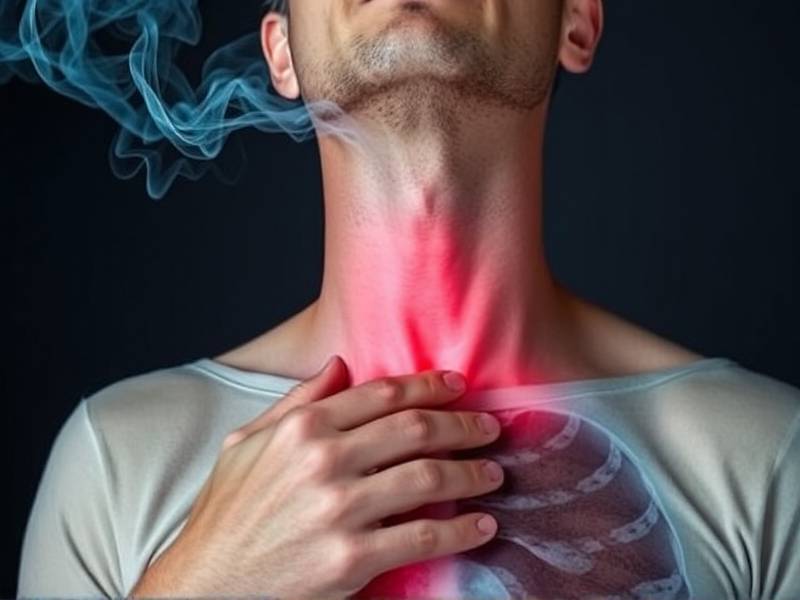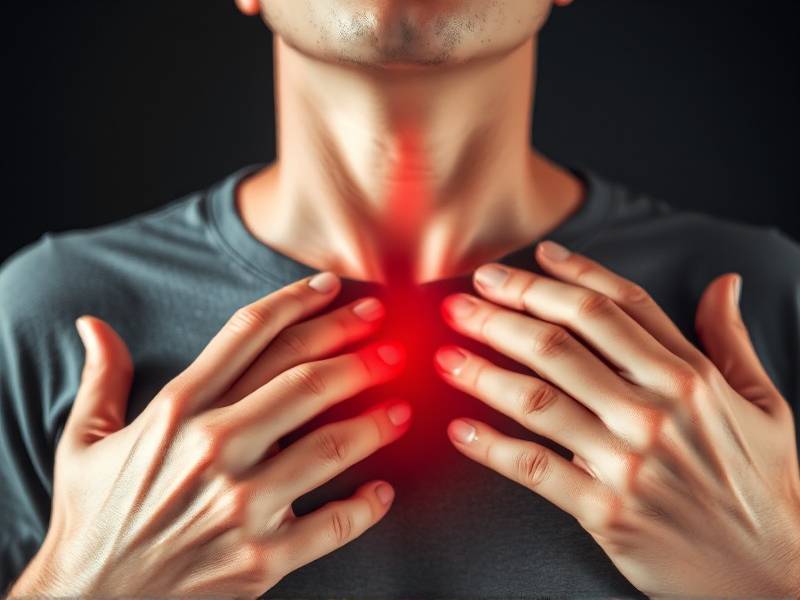Are Chest Pains Normal When You Quit Smoking?
Understanding Chest Pains During Smoking Cessation: Common Concerns and Solutions
Introduction: Quitting smoking is a significant step towards a healthier life. However, many smokers experience various withdrawal symptoms, including chest pains. This article aims to shed light on the common concerns surrounding chest pains during smoking cessation and provide practical solutions to alleviate them.
Common Concerns:

-
Are Chest Pains Normal When You Quit Smoking? Chest pains can be a concern for many individuals who are trying to quit smoking. It's essential to understand that these pains are often a result of the body's adjustment to the absence of nicotine.
-
What Causes Chest Pains During Smoking Cessation? The primary cause of chest pains during smoking cessation is nicotine withdrawal. Nicotine is a stimulant that affects the heart rate and blood pressure, leading to increased stress on the cardiovascular system.
-
How Long Do Chest Pains Last? The duration of chest pains during smoking cessation can vary from person to person. Some individuals may experience them for a few days, while others may feel them for several weeks or even months.
Understanding Chest Pain Symptoms:
-
Nature of Chest Pains Chest pains associated with smoking cessation are usually sharp or dull in nature and may be accompanied by shortness of breath or palpitations.
-
Differentiating Chest Pains from Heart Attacks It's crucial to differentiate chest pains during smoking cessation from heart attacks, as both can have serious implications for your health. Heart attacks typically present with severe pain, pressure, or tightness in the chest that may radiate to the arms, neck, or jaw.
Preventing and Alleviating Chest Pains:
-
Gradual Smoking Cessation Instead of quitting abruptly, consider gradually reducing your cigarette consumption. This approach allows your body to adjust more smoothly to lower nicotine levels.

-
Alternative Methods Exploring alternative methods such as nicotine replacement therapy (NRT), prescription medications, or behavioral support can help alleviate withdrawal symptoms and reduce the occurrence of chest pains.
-
Regular Exercise Engaging in regular physical activity can improve cardiovascular health and alleviate stress-related symptoms like chest pain.
-
Adequate Rest Ensuring sufficient rest allows your body to recover from nicotine withdrawal symptoms more effectively.
-
Consult Healthcare Professionals If you experience persistent or severe chest pains during smoking cessation, it is crucial to consult healthcare professionals for proper evaluation and guidance.
Conclusion: While chest pains during smoking cessation can be concerning, they are often a temporary symptom resulting from nicotine withdrawal. By understanding the causes and implementing appropriate strategies, individuals can alleviate these discomforts and continue their journey towards a smoke-free life. Remember, seeking professional advice is vital when dealing with persistent or severe symptoms related to quitting smoking.
